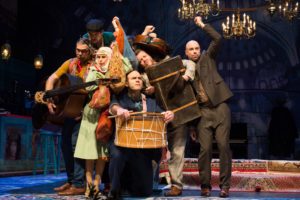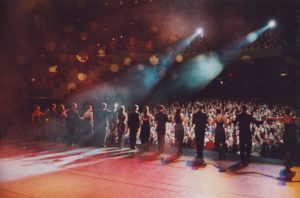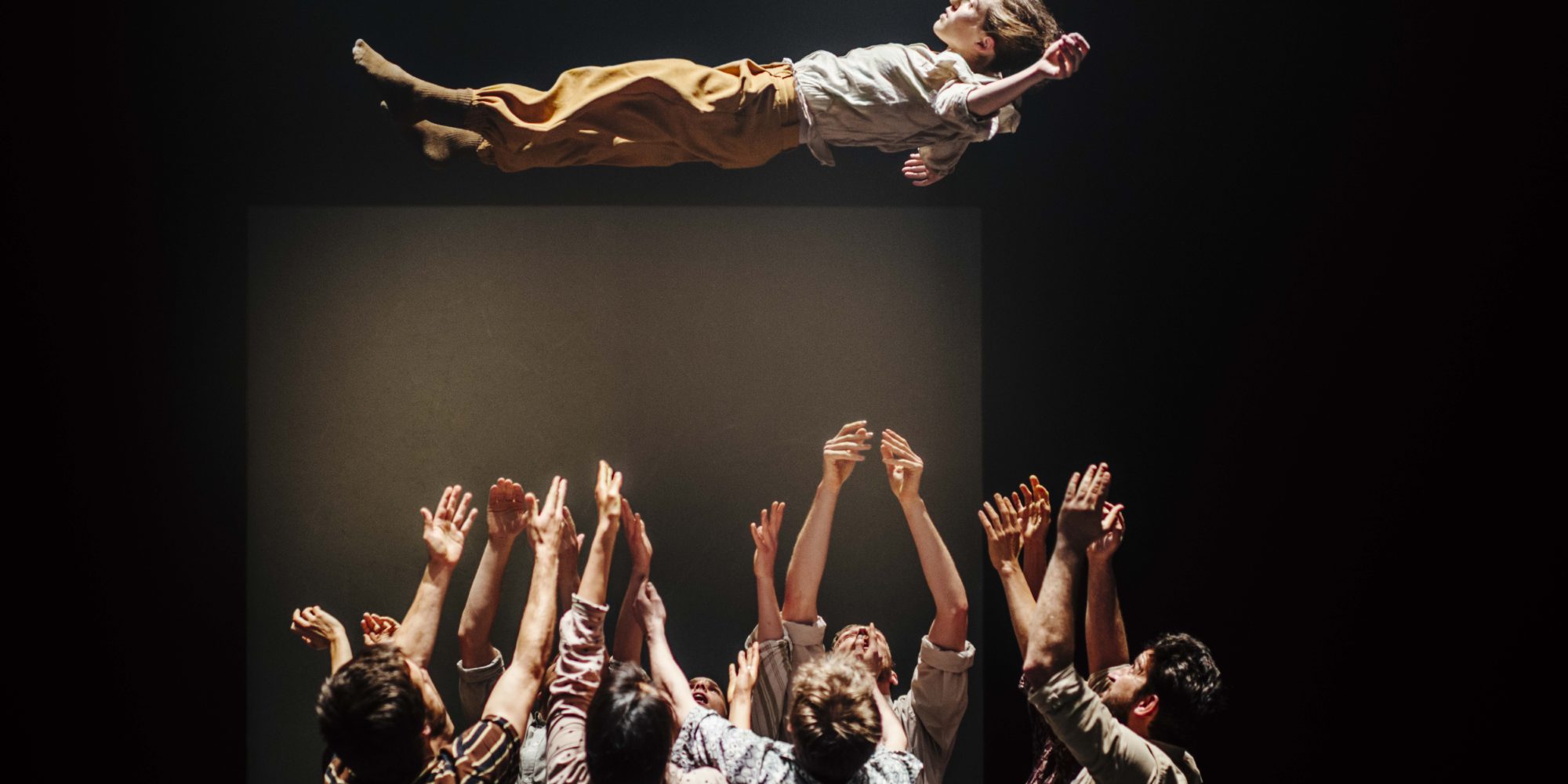Legendary – The Ruhr Festival.
Every year from May to June, Recklinghausen opens its gates and hearts for one of the largest and most renowned theater festivals in Europe. It was started in 1946 by Hamburg actors and Recklinghausen miners - with the exchange "art for coal". Since then, drama and dance theater from all over the world, co-productions with major German-speaking theaters and selected off-theater and New Circus productions have transformed the city into an international cultural and theater metropolis.
History

year 1946
In the freezing winter of 1946/47, the Hamburg theaters were threatened with closure due to a lack of coal to operate the stage technology and heating. Without further ado, a delegation drove to the Ruhr area in two trucks and asked for help in the form of coal. The Recklinghausen buddies were happy to help and until the occupying powers stopped the illegal transport, trucks were able to drive to Hamburg several times and ensure the theater was running.
In the summer of 1947, the three Hamburg state theaters took revenge and sent 150 actors to Recklinghausen. Under the motto art against coal, according to Hamburg's then mayor Max Brauer, it should be "festivals in the midst of places of hard work". “Festivals in the coal pot in front of the buddies. Yes, the festival takes place in Salzburg in Recklinghausen.”
today
The Ruhr Festival is one of the oldest, largest and most renowned theater festivals in Europe. During the annual festival season from May 1st to mid-June, Recklinghausen is transformed into an international cultural and theater metropolis with a special atmosphere in which glamor and down-to-earthness meet. Performance productions, visual arts, readings, concerts and new discourse formats also seek to address relevant political issues.
Olaf Kröck has been artistic director of the Ruhrfestspiele since the 2019 festival season. Together with his team, he envisions the Ruhr Festival as an open meeting place where visitors and artists can exchange views on pressing issues of the future.

